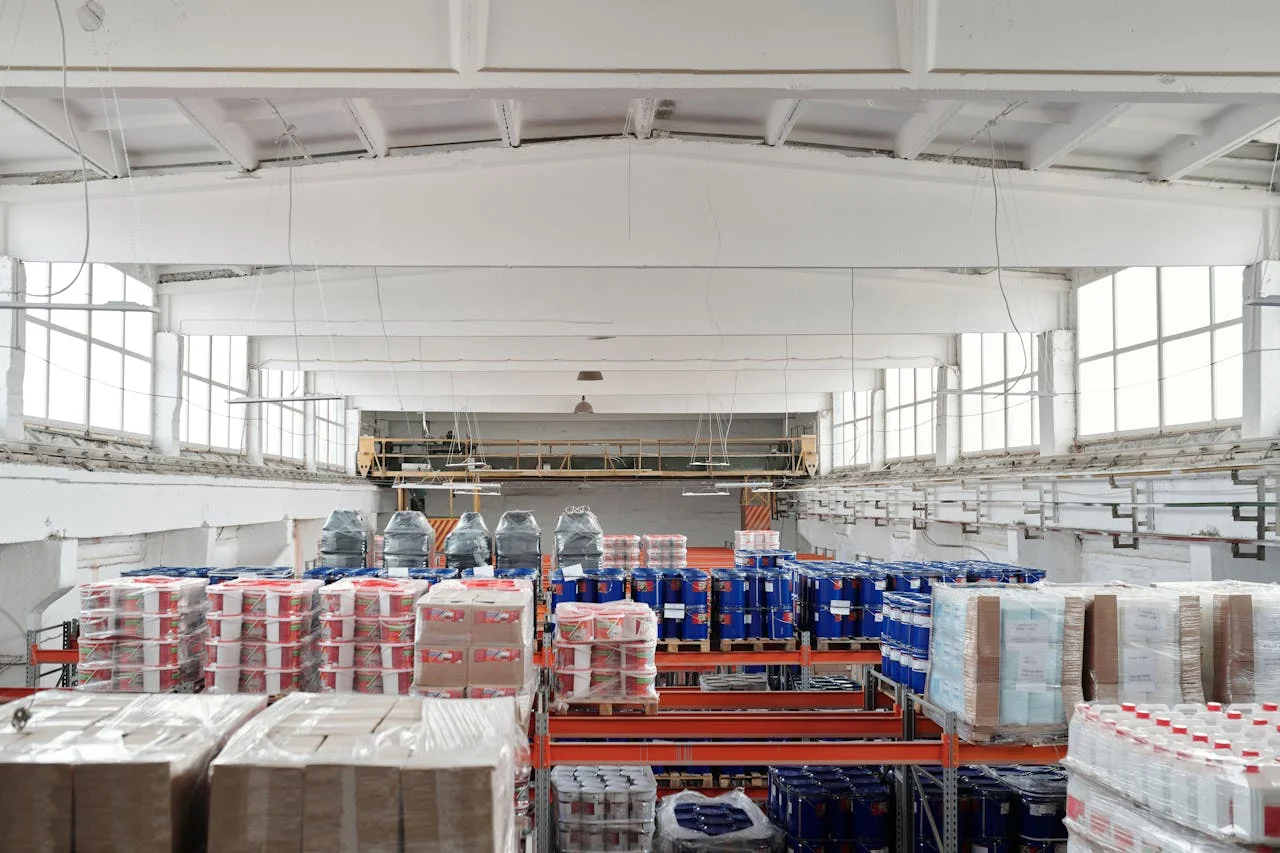
Unilever Boosts Investment in Sustainable Packaging to Tackle Plastic Pollution”
At its Global Packaging R&D Centre, Unilever is significantly increasing investment in developing sustainable packaging materials and technologies to accelerate progress toward its plastic reduction goals. The company has more than doubled its investment in materials science and technology in recent years, bolstering its in-house expertise and working closely with partners to bring innovative solutions to market.
Advancing Plastic Goals with Cutting-Edge Research
Unilever’s ‘Future Flexibles’ program is at the forefront of these efforts, focusing on developing recyclable and compostable materials for products such as pouches and sachets. The company aims to make all flexible plastic packaging reusable, recyclable, or compostable by 2035. To achieve this, the team is exploring alternatives to traditional plastic, which often require a thin plastic film for sealing and protection. The challenge is finding materials that can provide similar barrier properties while being compatible with recycling systems and naturally biodegradable.
Increasing Recycled Plastic Use
Integrating more post-consumer recycled (PCR) content is essential to reducing virgin plastic. However, this involves overcoming complex technical challenges to ensure the recycled plastic maintains the quality of virgin plastic. In 2024, Unilever’s Packaging R&D team evaluated 160 grades of recycled content to develop a digital tool that predicts packaging color without needing physical prototypes, cutting development time by approximately 25%.
Unilever also employs its Advanced Manufacturing Centre for in-house testing and optimization of materials before they reach the market. This reduces the need for physical tests and speeds up the development process.
Exploring Next-Generation Materials
Unilever’s Packaging R&D team is constantly assessing new materials and technologies, having reviewed over 3,000 options, including those from other sectors like pharmaceuticals and electronics. The goal is to adapt the most promising innovations to packaging.
One of the most complex challenges is creating recyclable and compostable packaging for liquid products such as laundry detergents and shampoos, which require high barrier properties. Current paper-based packaging, while recyclable and compostable, lacks the durability and sealing capabilities needed for such products.
A Call for Industry Transformation
Unilever’s sustainable packaging efforts extend beyond materials development. The company is also working on new packaging formats and scalable reuse–refill models, advocating for systemic change to address plastic pollution. According to Pablo Costa, Global Head of Packaging, voluntary business actions are not enough; coordinated policy measures are essential across the entire plastic life cycle.
By investing in sustainable packaging innovations and collaborating with industry partners, Unilever aims to drive significant progress in reducing plastic waste and lead the way toward a future free from plastic pollution.





